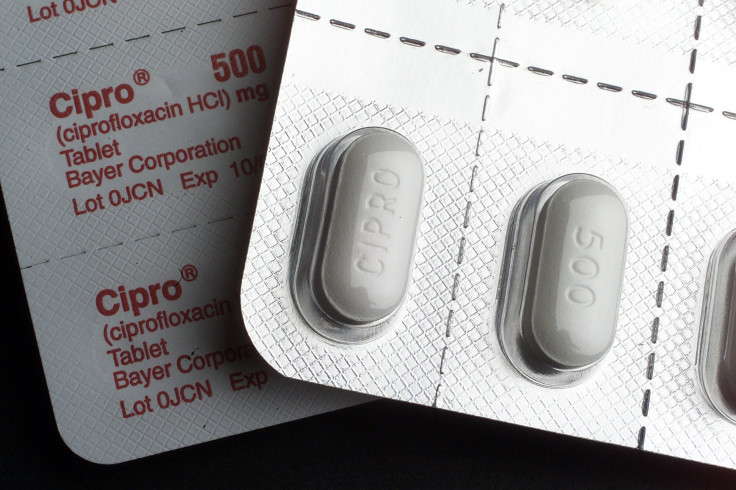UTI And Dysbiosis: Too Many Meds Can Throw Off Gut Bacteria, Reduce Libido

Frequently taking antibiotics for urinary tract infections (UTIs) may lower women’s libido, says gastroenterologist Dr. Robynne Chutkan.
Writing for The Daily Beast, Chutkan explained that overusing certain medication can negatively affect the gut microbiome. And an imbalanced gut (formally known as dysbiosis) can negatively influence sex drive, in addition to causing bloating and gas, yeast infections, brain fog, anxiety, and autoimmune disorders. There are other ways women can contract dysbiosis, but overusing medication is the most common, Chutkan said.
Most of the patients Chutkan sees suffer from this imbalance.
“Just five days of a broad-spectrum antibiotic can destroy up to one third of your essential microbes —and there’s no guarantee they’ll ever all come back,” she explained.” Less desirable pathogenic bacteria and yeast species (which, as luck would have, it tend to be a lot hardier) quickly multiply to fill the void, bringing with them plenty of symptoms. ”
While several prescription medications have the potential to harm both women’s and men’s sex drive, Chutkan has a trend among women specifically taking antibiotics to fight off “post-coital UTIs.” Instead of treating an existing UTI, they’re taking the medication to prevent one from occurring in the first place.
But when women take all these antibiotics, it actually hurts their vaginal microbes. Namely, UTI medication can decrease the bacteria Lactobacillus; this bacterium helps produce the acid that repels bad bacteria and yeast species, further protecting women from sexually transmitted diseases and other infections, Chutkan said. Without as much Lactobacillus, bad bacteria “can run amuck in your vagina,” quickly multiply, and possibly cause other health issues.
If women notice sex is no longer as enjoyable after their personal method of prevention, it may be a sign their vagina "needs some rehab." In which case, Chutkan recommends avoiding all antibiotics, if possible. And she says taking a “robust” oral probiotic can help repopulate lost Lactobacillus.
“We’ve spent most of the last century figuring out how to eradicate our microbes, and we’re just now realizing that the vast majority are friends rather than foes that actually play a vital role in keeping us healthy,” Chutkan said. “Gut bacteria help to digest our food, synthesize important vitamins that our bodies can’t make on their own, neutralize harmful compounds, and maintain the integrity of the gut lining so that nutrients can get into the body but toxins are kept out.” This whole process also underlies a satisfying sex life, she added.



























